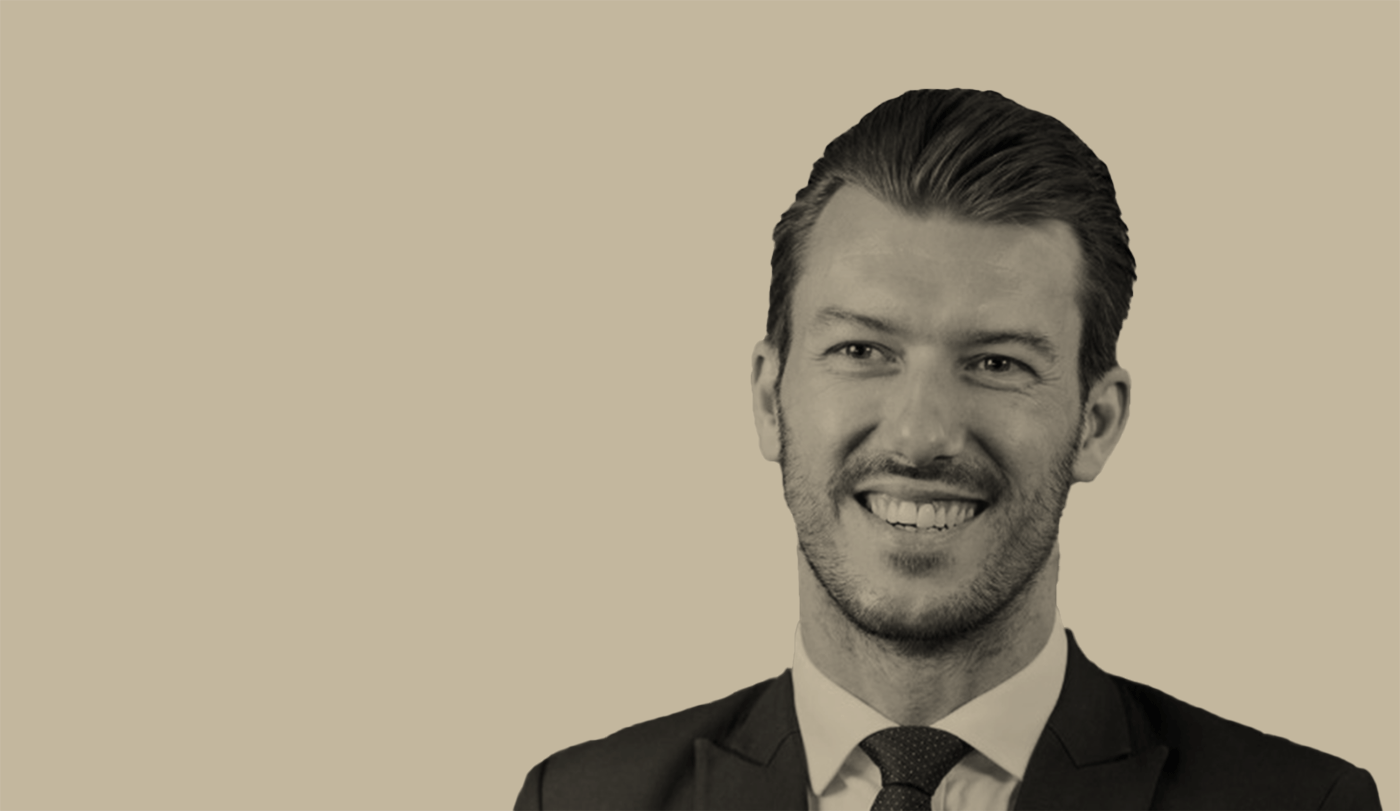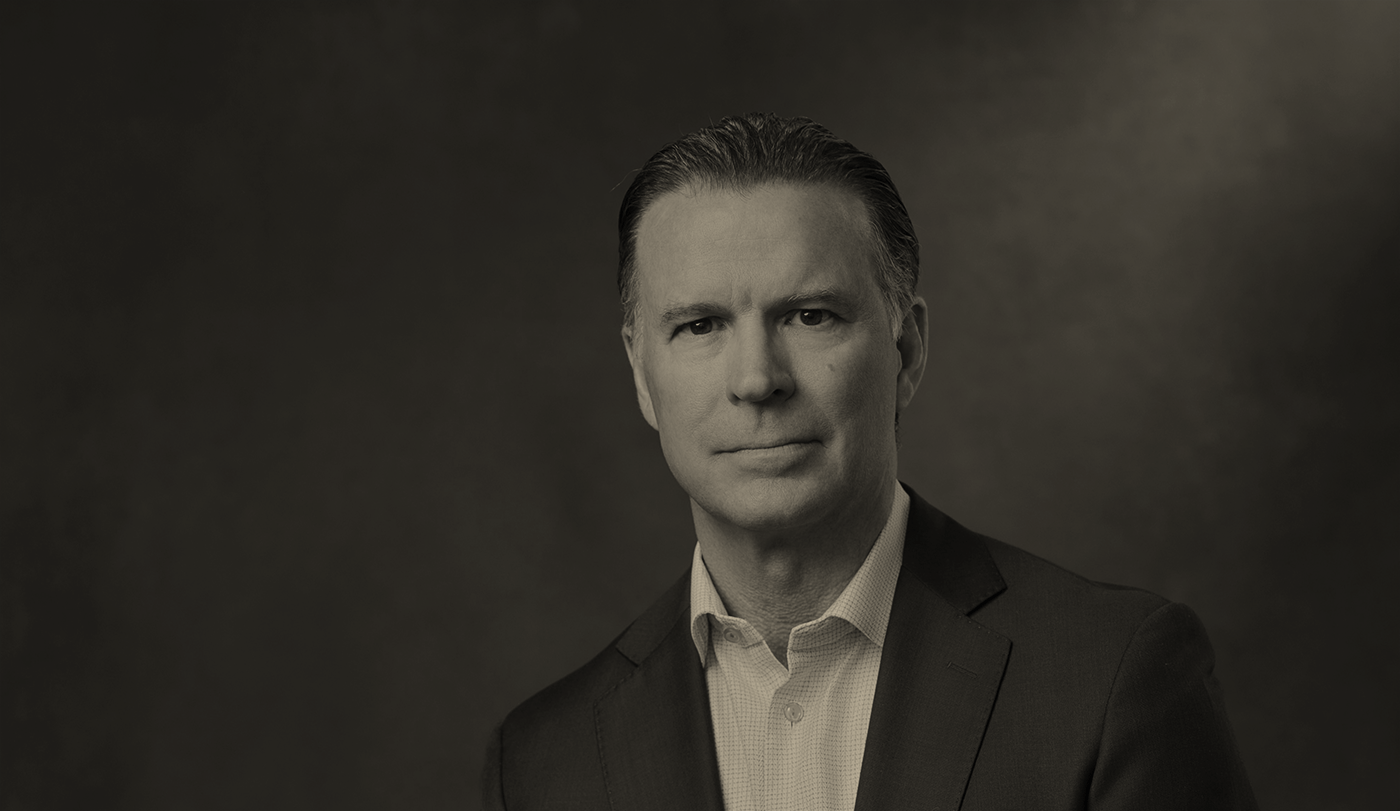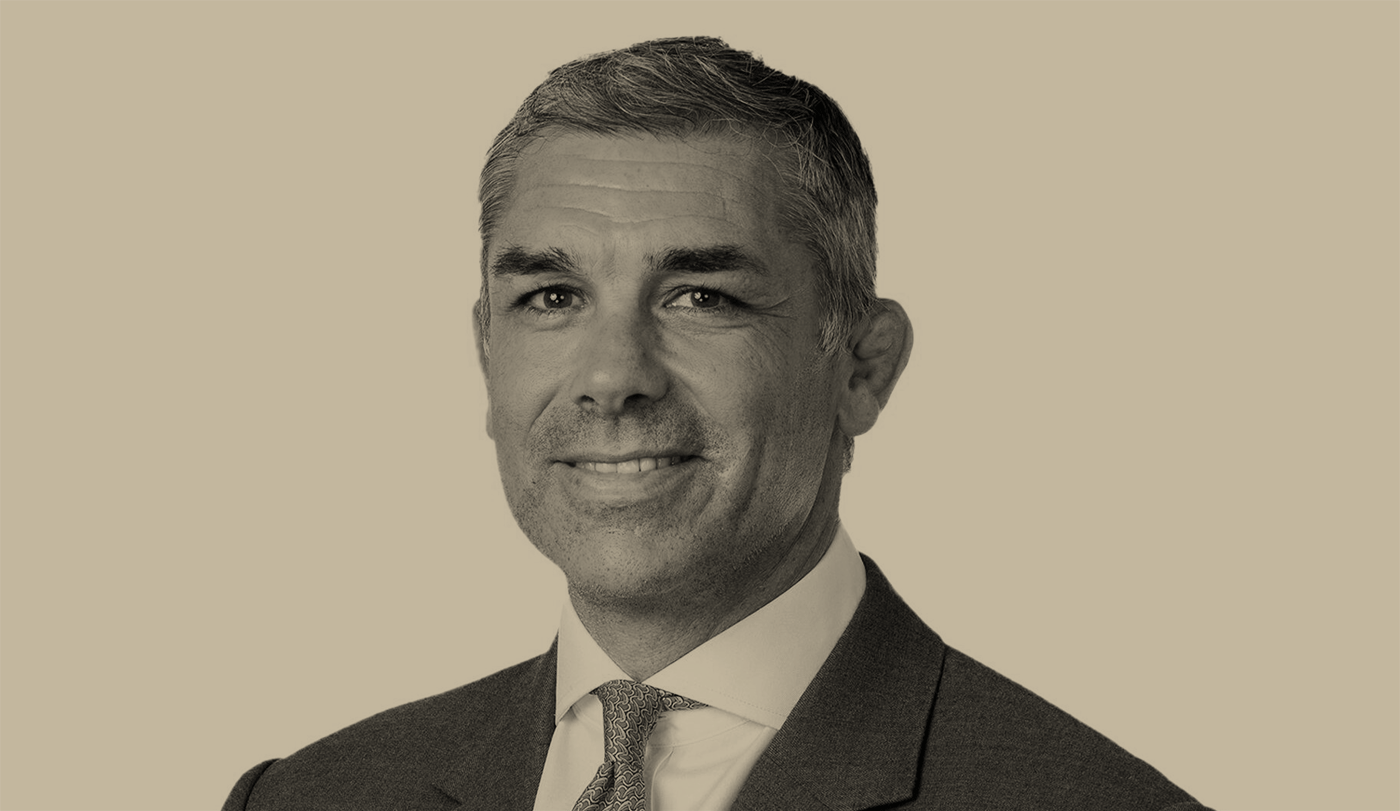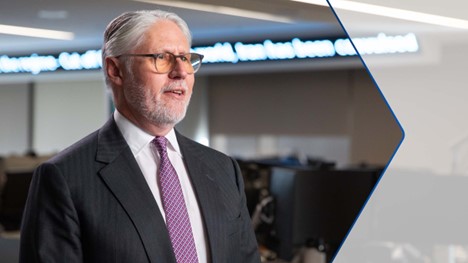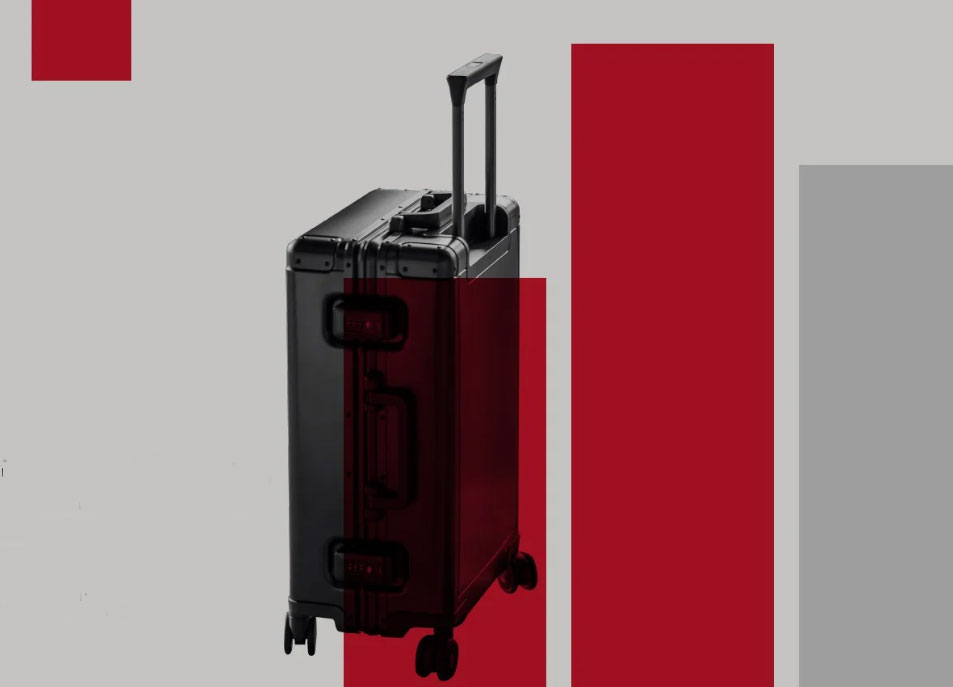Mirabaud Asset Management head of UK wholesale Benjamin Carter on fostering a partnership mindset, integrating sustainability – not marketing it – and calculus for babies (and poker for adults)
What is your take on potential demand and fund-flows from UK-based wealth managers and their clients over the next 12 months?
We expect renewed interest from UK-based wealth managers in high-conviction, actively managed European and global equity strategies. After several years of dominance by largecap US growth names, investors are increasingly looking for diversification and exposure to under-researched, attractively valued parts of the market.
Despite the great year-to-date performance of smaller and midcap European equities, we still believe they are particularly well-positioned as the earnings cycle turns and valuations remain compelling.
The equity rotation from US to Europe has been spoken about for a while now but clients are still coming to the table wanting to make the move. On the fixed income side, selective opportunities are emerging as yields have reset to levels not seen in over a decade, offering attractive entry points for investors seeking quality and resilience.
How are you planning to address and serve that interest?
Our approach remains centred on active, conviction-led management, supported by deep fundamental research. We continue to expand our engagement with UK wealth managers through direct dialogue, targeted roadshows and regular market insights.
Beyond performance, we aim to provide transparency, access to our portfolio managers, operational efficiency and meaningful communication around how our strategies are positioned to capture long-term opportunities. We also place a strong emphasis on partnership – understanding our clients’ evolving needs and aligning our offering to deliver genuine value over the full investment cycle.
Are you seeing a divergence in the demands of UK wealth managers versus, for example, their peers in Europe or on the institutional side in the UK?
Maybe I am biased towards the client base I spend the most time with, but I would say the opposite. UK wealth managers are spoilt for choice when it comes to asset managers that wish to sell to them.
This makes it very competitive to attract their capital – especially when you consider the very high level of sophistication of the decision-makers in UK wealth. This is a point many portfolio managers I have worked with have confirmed, noting they are often challenged more in UK wealth manager meetings than elsewhere. I see a convergence of other markets towards UK wealth managers’ way of allocating capital.
Their focus is on working hard to uncover gems to deliver an outcome, through a forward-looking approach, whilst fostering a partnership mindset – not simply selling a product that happens to be performing well. Across all audiences there is now a clear demand for managers who demonstrate clarity of process, conviction and accountability – qualities that sit at the heart of Mirabaud AM’s DNA.
As a business, how do you define ‘alternative’ and ‘private’ assets and to what extent should asset managers be looking to service investor demand here?
We view alternatives and private assets as complementary to traditional portfolios, as a means of enhancing diversification, capturing illiquidity premia and accessing structural growth trends. Our heritage as a privately owned, multi-asset group gives us a natural affinity with this space.
We believe asset managers should approach the segment with care: it is not about chasing labels but about offering measured, transparent solutions that genuinely align with investor objectives and liquidity needs.
‘ESG is dead – long live ESG 2.0’ – your thoughts as a distributor, please?
Coming into 2020, and beyond, there was an inconsistency between what asset managers wanted to lead on – essentially, ESG and sustainability – and what UK wealth managers wanted or needed to hear about.
Asset managers heavily marketed their ESG credentials as a way of differentiating themselves. It became an ‘easy’ or convenient way to defend active versus passive – as justification for fee differences! – and it appeared in every conversation with prospects or clients, even those with no requirement for ESG or a sustainable tilt.
Previous interactions with clients had left me feeling that sustainability should be integrated, not marketed. ESG 2.0 for Mirabaud AM means moving beyond box-ticking toward genuine engagement and impact measurement. Investors increasingly want clarity on how environmental, social, and governance factors translate into risk management, long-term performance and corporate behaviour – and that is where we continue to focus.
Take the example of our Discovery Europe strategy (European SMIDs – we have both ex-UK and pan-Europe), which we do not market as a sustainable fund. It is primarily bought as a ‘core’ strategy by those UK wealth managers not requiring a deliberate ESG or sustainable tilt, but I am pleased a couple of wealth managers have approved us for their ESG/sustainable models. One can stand up to scrutiny without needing to lead on it!
What drives your approach to communicating with your investors? And is there a case for focusing on attracting the ‘right’ type of client?
The right clients for us are those who are willing to put in the effort to analyse investments that are not what everybody else buys. In return, transparency and authenticity are at the core of how we communicate.
We do not believe in chasing every trend or investor – our goal is to build long-term partnerships with clients who share our belief in active, selective investing. We strive to communicate not only what we do, but why we do it, providing genuine insight into portfolio positioning, conviction, and the rationale behind our investment decisions. That alignment of philosophy and expectation is what creates enduring relationships.
Outside of work, what is the strangest thing you have ever seen or done?
I guess I should play this safe in a professional setting! So I will go with a radiographer sketching my mate’s MRI scan following a head injury onto a paper template (an outline of a head) in rural China for a doctor to use later. They had a printer so our assumption was they simply did not want to spend money on the ink.
May we have two book recommendations, please – ideally, one with an investment connection?
I am currently reading Calculus for Babies by Chris Ferrie with my four-month-old daughter! For the investing connection, I am looking across at the poker books on my bookshelf. I played a lot at university and would go with Small Stakes Hold ‘Em by Ed Miller, David Slansky and Mason Malmuth as a good entry study-guide recommendation – albeit the game has evolved since I read that one.
Gazing into your crystal ball, what does the asset management sector look like 10 years from now?
We expect to see a more polarised industry: on one side, large-scale passive or low-tracking-error providers; on the other, specialised active managers offering depth, conviction and personal service. Technology will enhance efficiency and transparency, but human insight will remain the differentiator. For Mirabaud AM, the future lies in staying true to our heritage: as an entrepreneurial, independently-minded firm that invests with purpose, and partners with clients throughout the generations.
“We do not believe in chasing every trend or investor – our goal is to build long-term partnerships with clients who share our belief in active, selective investing.


